Bloating
Struggling with bloating? Here’s what you need to know to find relief.
ALL TEST ARE ACCREDITED & REGULATED BY



What is bloating?
When you’re bloated, your stomach or abdomen can feel full and uncomfortable, or even painful.
This bloating happens when your gastrointestinal tract contains too much gas or air. Bloating can be mild, or more severe, and may present as:
– A visibly distended or swollen abdomen
– Feeling very full and uncomfortable
– Feeling of tightness in the abdomen
– Excess gas – belching and/or flatulence
– Rumbling or gurgling
There are several causes of bloating, so it’s important to diagnose the cause of your bloating and find out why it’s happening to you.

Why does bloating happen?
Prolonged periods of bloating could indicate an underlying health problem, if so you should see your GP.
Possible causes can include:
Irritable bowel syndrome (IBS diagnosis)
Ulcerative colitis, a form of inflammatory bowel disease (IBD), where the inner lining of the large bowel is inflamed and develops ulcers
Crohn’s disease, the other form of IBD, where some parts of your colon are inflamed
Too much bacteria in your small intestine (called small intestinal bacterial overgrowth, or SIBO)
Gastroesophageal reflux disease
Food intolerances, especially lactose or fructose intolerance
Producing too much gas (dysbiosis and fermentation)
Weight gain
Stress or anxiety
Delays in your food and drink moving on from your stomach (called gastroparesis)
Eating too quickly, so that you swallow too much air (called aerophagia)

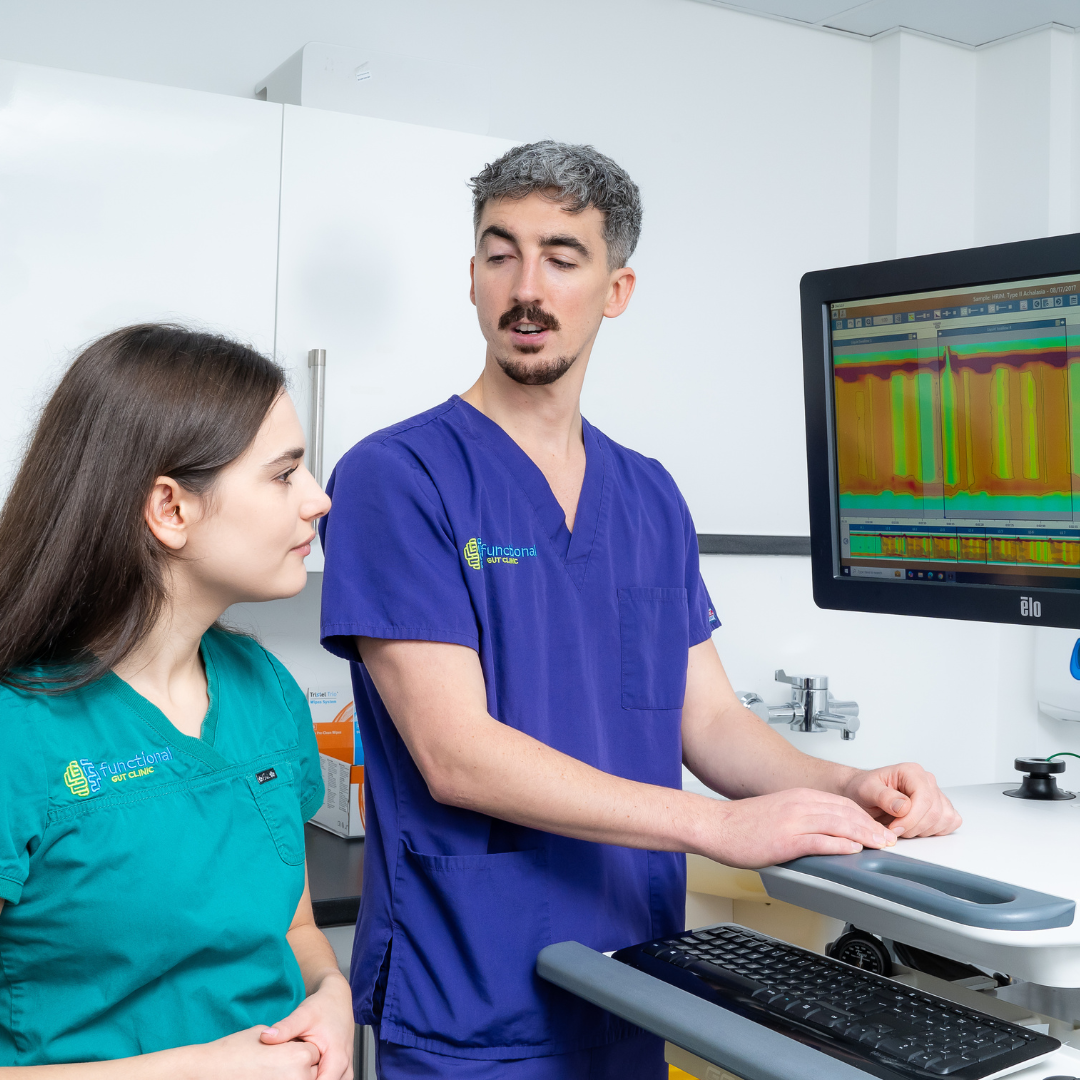
Diagnosing bloating
Feeling bloated is no fun, but once you know what’s going on you can start to manage your symptoms and the underlying causes.
Testing options:
At the Functional Gut Clinic, we can run the following tests to diagnose the causes of bloating:
Gastric emptying test– which measures how quickly food leaves your stomach
Carbohydrate malabsorption breath test– which finds out if you have certain food intolerances (lactose or fructose)
Small intestinal bacterial overgrowth (SIBO) breath test– which finds out if you have an overgrowth of bacteria in your small intestine (called SIBO)
Oesophageal manometry– which measures the function of your oesophagus (food pipe)
24-hour pH impedance monitoring– which looks at whether you have any reflux
Colonic transit study-a non-invasive test which looks at how long it takes for faeces to pass through your bowl
Learn more about bloating

How Does Acid Reflux Affect Your Oral Health?
When we talk about acid reflux, we often focus on the damage to the oesophagus and upper respiratory tract. Repeated exposure to acid from the stomach can cause permanent injury to these regions. However, if the acid moves even higher into the mouth, it can lead to dental erosion, discoloration, and other oral issues.
Gastro-oesophageal reflux disease (GORD) (or acid reflux) refers to the movement of stomach acid into the oesophagus and higher. It's associated with symptoms like heartburn, a sour or bitter taste, coughing, and a hoarse voice.
Considering oral health and acid reflux is crucial for preventing and treating its effects on your teeth, gums, and mouth. Learn how this happens and what you need to do below.
Acid Reflux Mouth Symptoms
Usually, when an acid reflux episode occurs, the acid stays in the oesophagus, failing to get high enough to affect the throat and mouth. This restricts the symptoms to those such as heartburn, chest pain, coughing, and hoarseness. However, if the reflux worsens or you lie down, the acid can easily regurgitate into your mouth.
We can split these symptoms into mouth and throat symptoms.
The acid reflux mouth symptoms include:
Sour taste
Bad breath
Gum inflammation
Increased salivation
Some of the symptoms, like sour taste, bad breath, and increased salivation, may only be present during an acid reflux episode. The others will gradually worsen over time due to repeated attacks.
The acid reflux throat symptoms include:
Hoarseness
Chronic cough
Sore throat
Lump sensation in the throat
Difficulty swallowing
Throat-related symptoms are generally more common as the throat sits lower than the mouth. People with acid reflux often complain about hoarseness and coughing as the acid irritates the vocal cords and throat lining.
Effects of Acid Reflux on Teeth
GORD will cause dental erosion if the teeth experience prolonged acid exposure. The acid reacts with the outer surface of the teeth (enamel), softening it and opening it up to dental decay, including cavities. As more enamel is stripped from the tooth surface, more of the underlying tissue is exposed to bacteria.
We already know that acidic beverages and medications containing acid cause dental erosion. Think about the experiments of putting a tooth in a soft drink overnight. However, the acid from your stomach is much stronger and is present in the mouth for longer.
Enamel erosion leads to increased sensitivity. People will notice discomfort due to hot, cold, or sweet foods. The teeth might also become discoloured due to acid reflux on teeth. The yellowish dentin underneath becomes more visible as the enamel wears away, giving teeth a discoloured appearance.
Lastly, there's the risk of cracking and chipping. Due to the weakened enamel, the teeth become more brittle, increasing the risk of cracking or chipping.
Effects of Acid Reflux on Gums
Your gums don't escape the effects of acid reflux. The gums sit close to the teeth, protecting the roots against bacteria and erosion. The corrosive nature of stomach acid can irritate the gums, causing several potential problems.
Gum irritation and inflammation are the most common issues. You may notice redness, swelling, and inflammation, as well as bleeding during brushing or flossing. Bleeding gums are an early sign of gum disease.
Chronic exposure to stomach acid will gradually wear away the gums. The effect of acid reflux on gums is similar to that of teeth – as gum recession exposes the roots of the teeth, it raises the risk of tooth sensitivity and decay. In fact, this constant irritation and damage compromise the ability of the gums to function effectively. The introduction of bacteria causes periodontal disease, including gingivitis (gum inflammation), periodontitis, and even a periodontal abscess (a pocket of infection in the gums).
Fixing Damage from Acid Reflux on Teeth
What happens if acid reflux damages your teeth or gums? Well, dental erosion from GORD can’t be repaired. If cavities begin to appear or your teeth become more sensitive, your dentist will have to perform restorative work to correct the issue.
Usually, your dentist will remove the damaged tissue and fill in the area. In the worst cases, however, a root canal or tooth extraction is necessary. Depending on the extent of the damage, your dentist might consider:
Fillings: To repair cavities caused by enamel erosion, tooth-coloured materials are used to restore the tooth's structure.
Crowns: For significant erosion, crowns cover the damaged tooth to protect and strengthen it.
Root Canals: If acid reaches the tooth's nerve, this procedure removes the affected nerve and seals the tooth.
Tooth Removal: For irreparably damaged teeth, an extraction might be necessary.
Veneers: Thin porcelain covers are applied to the front of teeth to protect eroded enamel and improve aesthetics.
Using a fluoride gel or fluoride-based toothpaste is another sensible option. It can strengthen tooth enamel and reduce any sensitivity.
Preventing the Effects of Acid Reflux on Oral Health
Acid reflux doesn't just have effects on oral health. It can cause strictures, ulcers, and even oesophageal cancer. Diagnosing the condition early is crucial for effective treatment.
Here at The Functional Gut Clinic, we’re highly experienced in diagnosing GORD in patients. Using either 24-hour reflux testing, which detects the presence of acid in the oesophagus, or oesophageal manometry, which measures pressure changes in the esophagus to ensure it works effectively, we can determine the cause of your reflux symptoms.
Recognizing the signs of acid reflux early is crucial for effective treatment. With a diagnosis, you can receive treatment that minimises acid production in the stomach. These treatments can help to relieve your symptoms and prevent the effects of acid reflux on your teeth and gums.
Contact us today to learn more about testing options. We're more than happy to help.
Hear from people we’ve helped, just like you.
"Very professional while welcoming and friendly"
"The manner and demeanour of all staff from reception to people carrying out the test was very professional but welcoming and friendly. Atmosphere is very relaxed and all instructions clear and concise."
London Patient

"Highly recommend this"
"Thanks to Dr Hobson and everyone at the Functional Gut Clinic. The whole team is very kind and generous and they are doing things that are cutting edge and they actually get results."
Manchester Patient

"Highly recommend this"
"After stopping my lansoprazole, every time I had a warm drink, I could feel it burn all the way down to my stomach. Thank you to Sam for making me feel at ease." - Manchester Patient

"My experience could not be better"
"Pleasant and knowledgeable staff that made the experience more enjoyable than it should be!" - London Patient

"Very friendly and knowledgeable"
"An excellent service from beginning to end. I would recommend to anyone who was considering having testing done. Very friendly and knowledgeable!" - Manchester Patient

"Very kind and helpful"
"It was also great to have time to talk to the clinicians – very important when you have problems. Reception staff also very kind and helpful." - Manchester Patient

Are you experiencing any other symptoms
Symptoms are often closely connected. Find out more below.
Reflux
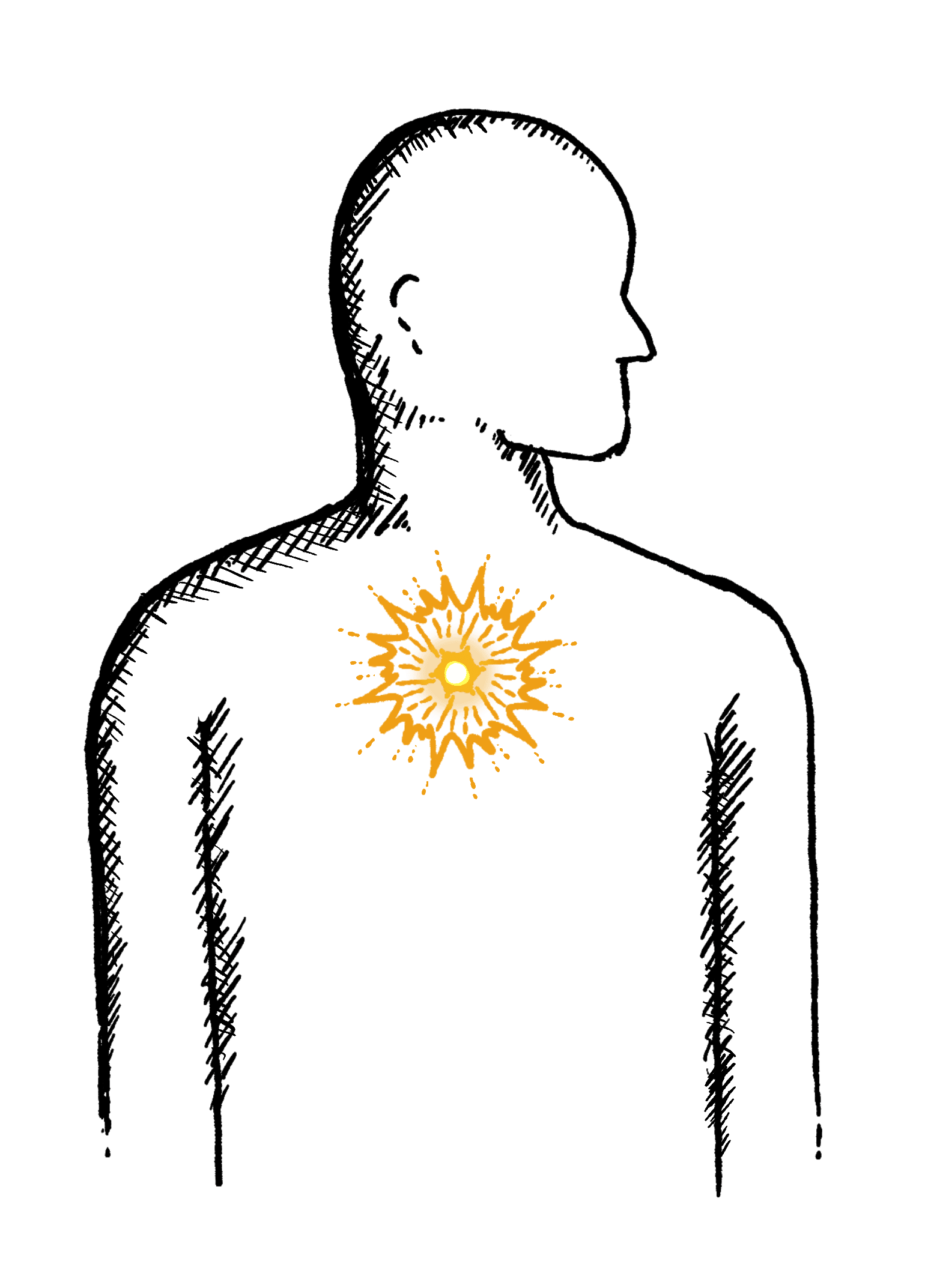
Burning mid-chest, worse when bending or lying down
Constipation
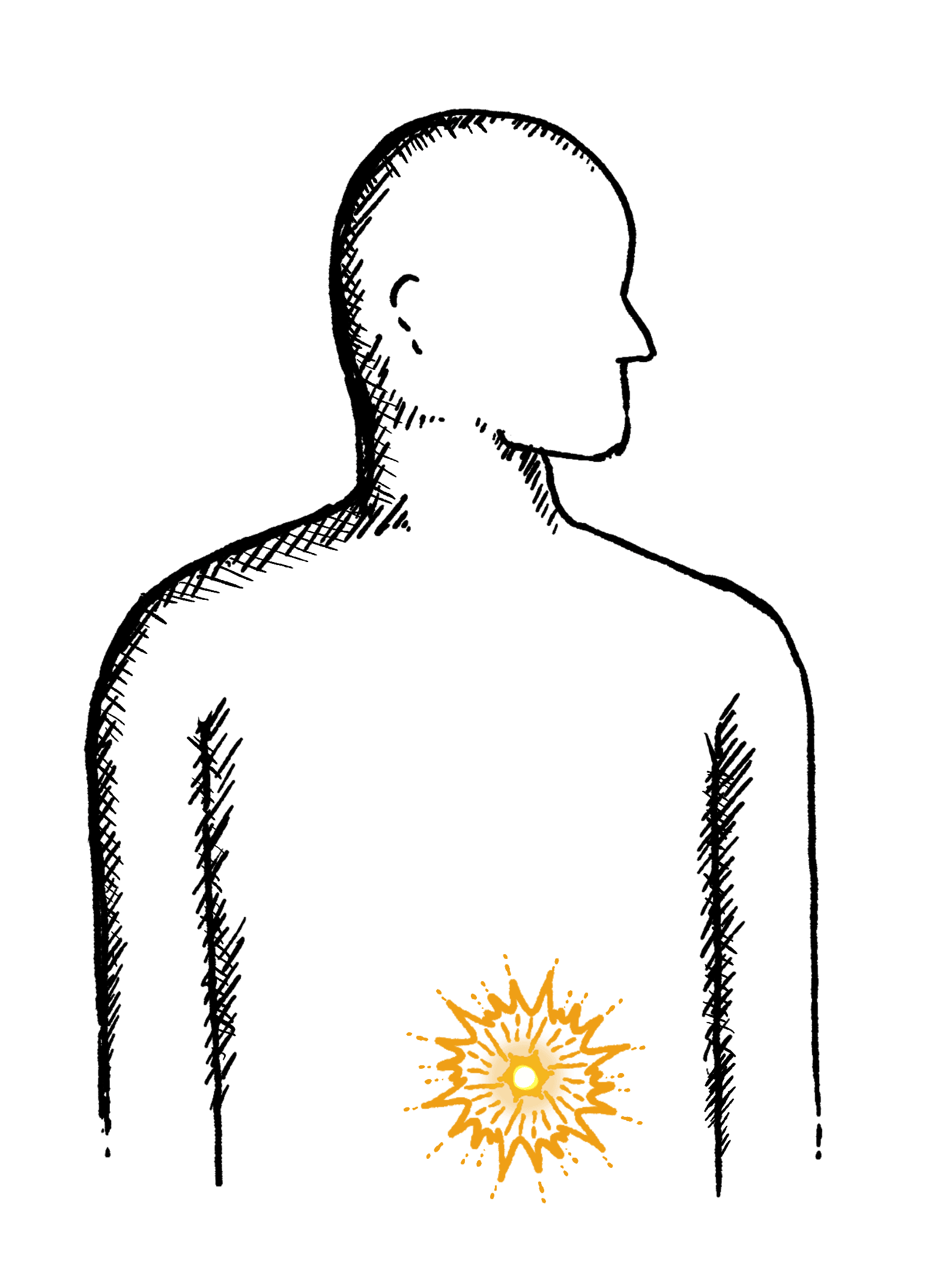
Difficulty going to the toilet, unusual stools, often with stomach ache or intestinal cramps, bloating, nausea or appetite loss
Heartburn

A burning pain in your chest, just behind your breastbone.
The pain is often worse after eating...
Regurgitation
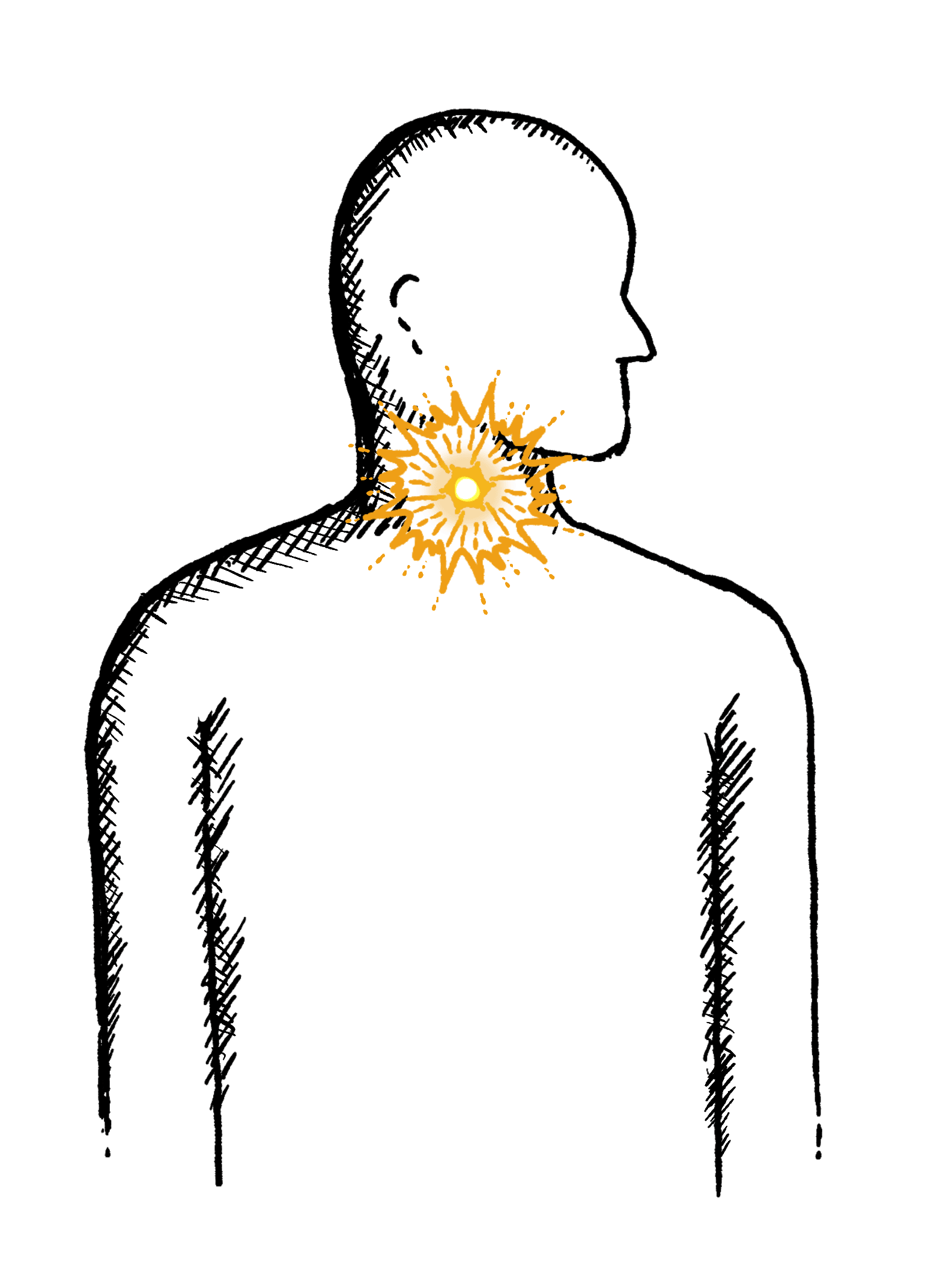
Bringing food or drink back up, difficulty swallowing, feeling that food or drink is stuck in your throat, horrible taste in your mouth
Swallowing Issues

Dysphagia - difficulty swallowing, feeling that food or drink is stuck in your throat, horrible taste in your mouth
Diarrhoea
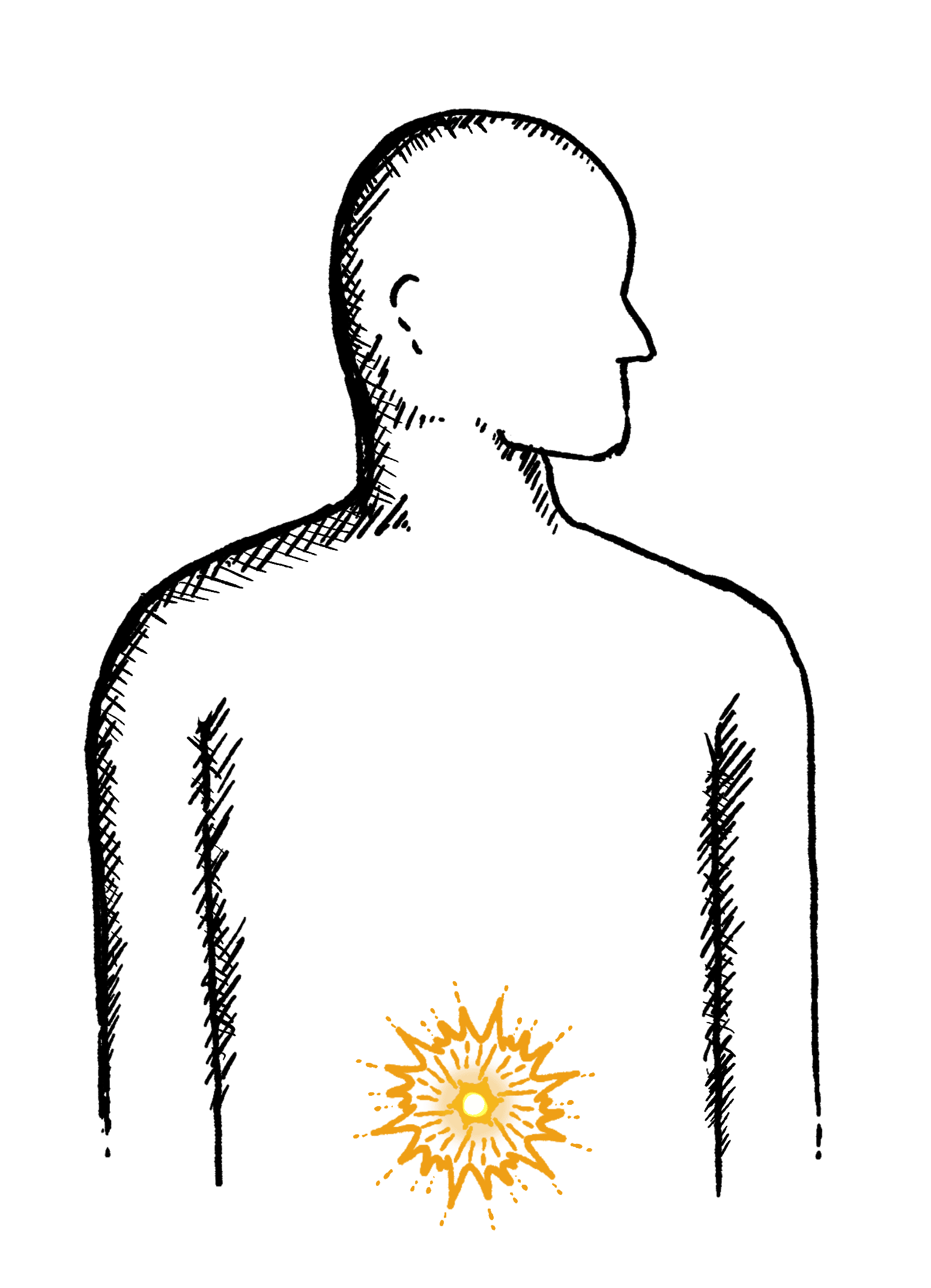
Loose or explosive stools, can’t get to a toilet in time
Abdominal Pain

Cramps; sharp or dull pain, Bloating, Excessive belching, Nausea or vomiting
Faecal Incontinence

Stools leak unexpectedly, Can’t get to a toilet in time
IBS

Abdominal pain or cramping, bloating, changes in bowel habits and urgency, gas

